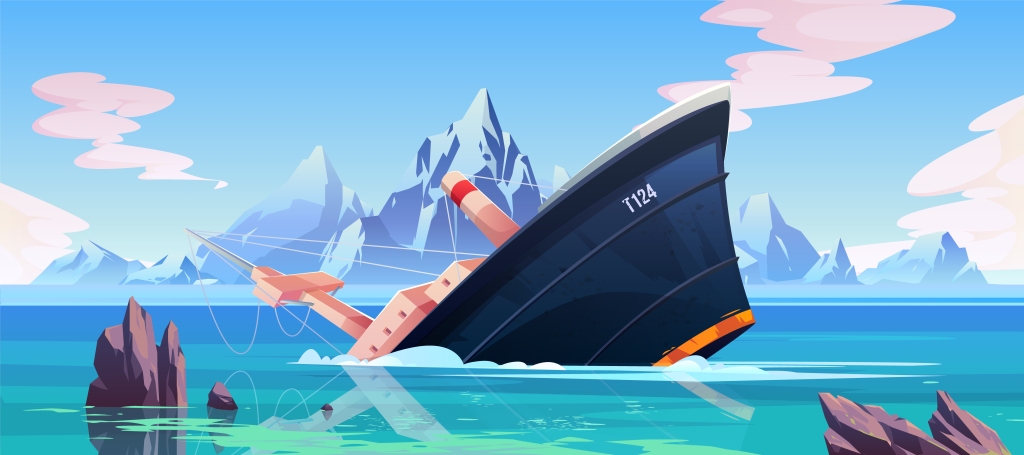
Reputations are funny things. They take years to build, and can be lost in a moment. In many ways, the past month will become a period of intense research for those wanting to know more about corporate actions and their impact on reputations.
First up, we have the tragedy of the war in the Ukraine. Responding to both public and political pressure, over 400 global brands have pledged to suspend, pull back or stop operations in Russia, according to the Financial Times. For multinationals to move at this speed is unprecedented. What is most striking is the decisions many have come to, namely to risk not being able to do business in what is a sizable market (Russia’s population is over 144 million) for the short to medium term. While sanctions have pushed them in a certain direction, many are also weighing up public sentiment in the West regarding how they respond (some such as McDonalds aren’t just closing stores, but they’re continuing to pay their Russian staff).
Second, we have another crisis. This time the crisis seems to be more of the company’s own doing. P&O Ferries laid off 800 crew from its ships last week. The news was delivered via a pre-recorded video message, and guards were hired to escort staff off the ships. The firm claimed it had to replace British staff with cheaper labor to save the company and make it viable. All this despite the parent company DP World making record revenues of US$10.8 billion in 2021. The saga, which includes political intrigue (Ministers were told the night before about the mass firings and the government did not vote for a bill to protect workers from mass layoffs the previous year) and the inevitable debate about the legacy of Brexit, has seen both P&O Ferries and DP World being hammered in the UK media (there’s no mention I have seen of this story in the UAE’s press).
Both scenarios highlight the challenges facing businesses. The former is forcing firms to take a stance on a conflict, in what could be a precedent for future wars. And the latter is a self-inflicted reputational crisis that P&O Ferries and DP World could have arguably avoided with better judgement (other ferry companies employ foreign labor at a fraction of the cost of UK nationals, the difference is the number of layoffs and how they were conducted). Either way, firms must think about the reputational impact of their actions, especially in a digital world where anyone and everyone can comment in an instant. Just ask DP World’s Chairman and Group CEO about the response to his tweet about speaking with Emirati youth as P&O Ferries security staff were escorting fired workers off the ships… (the responses have been hidden; you can still see quote tweets).

